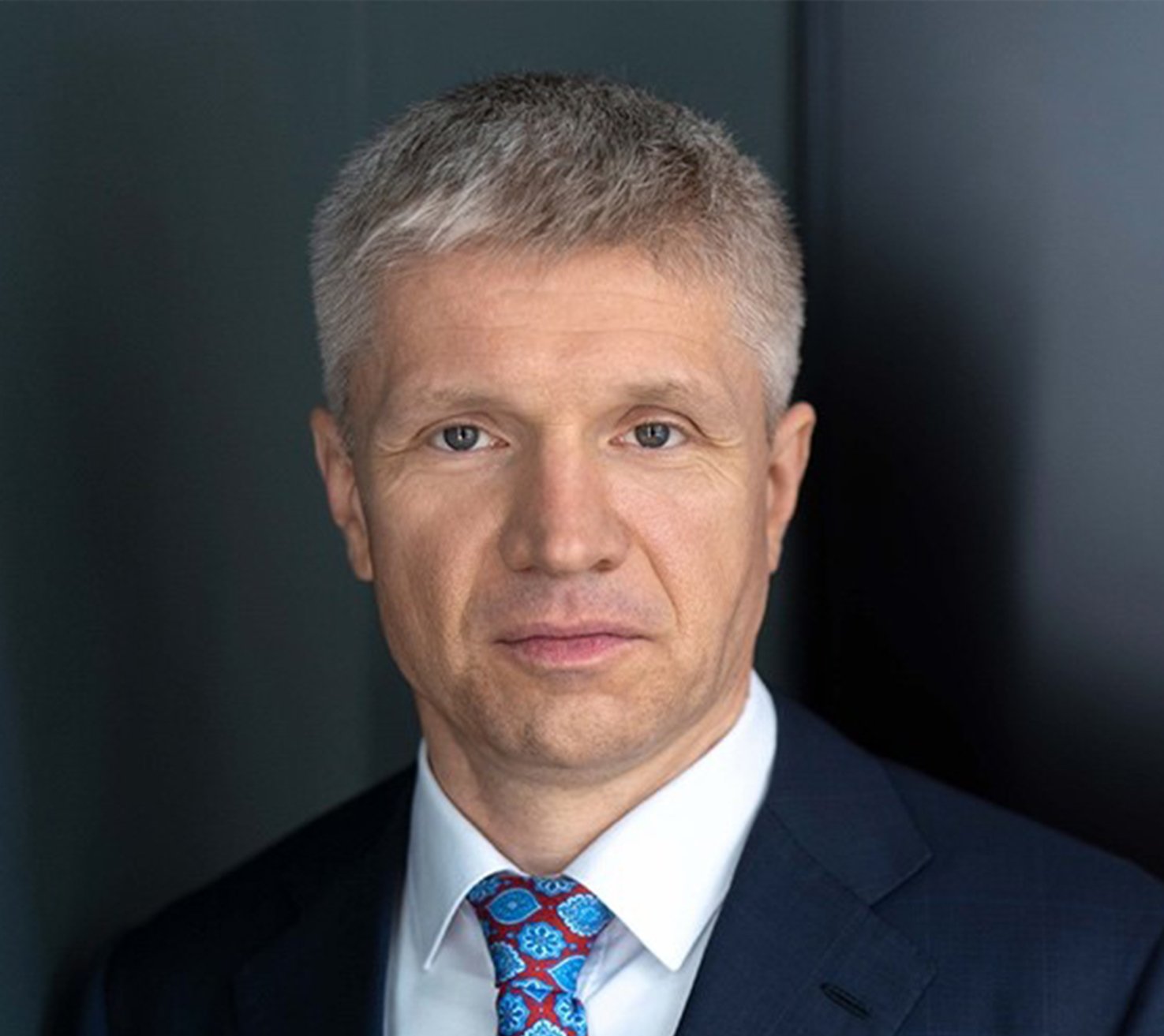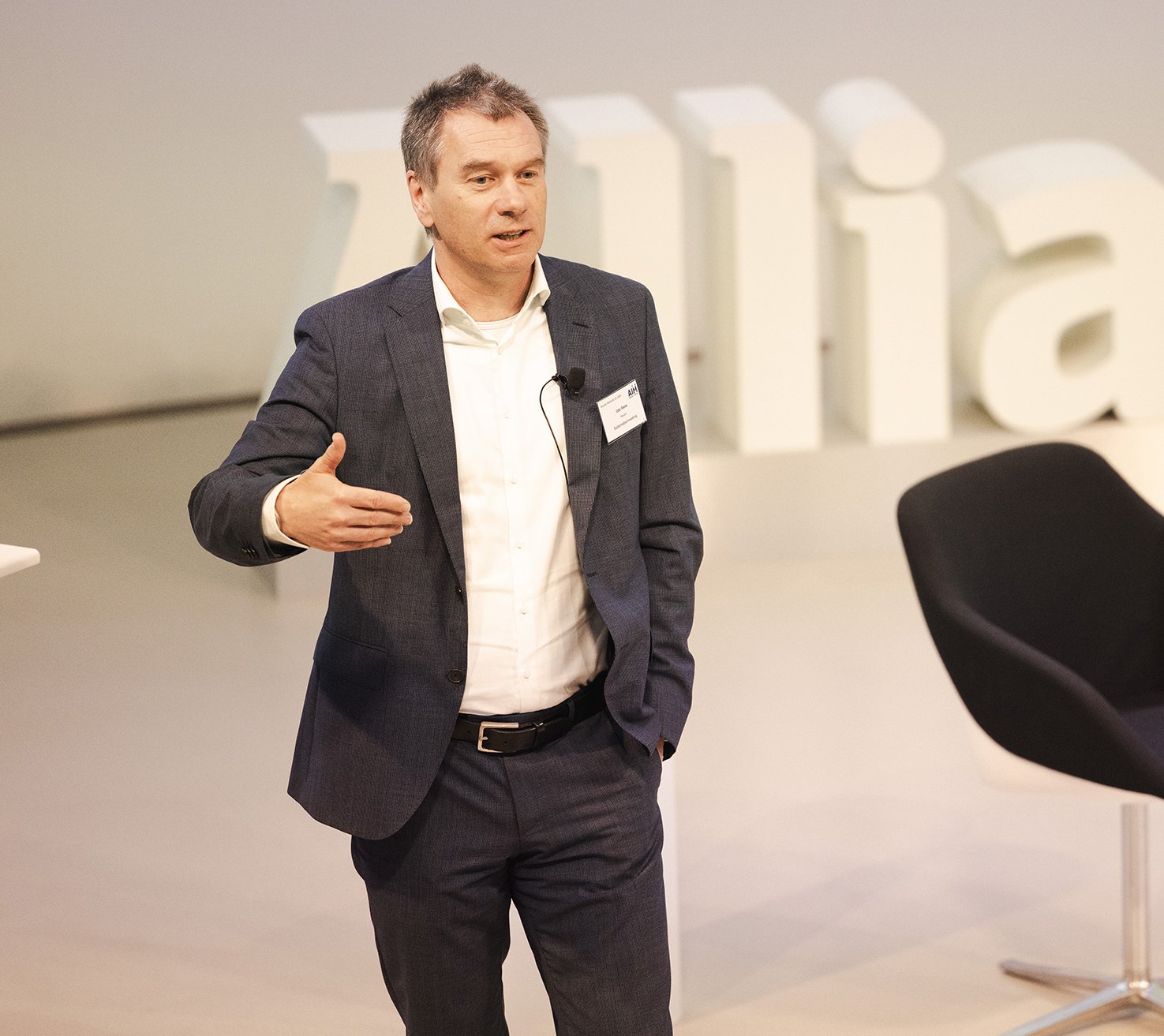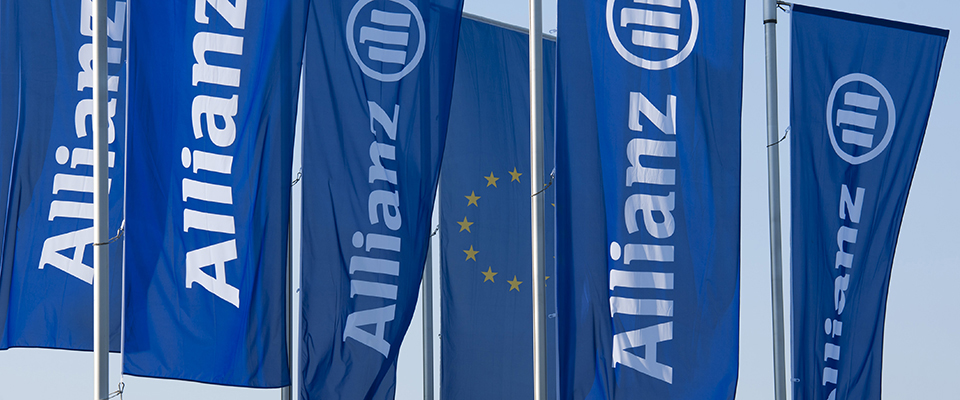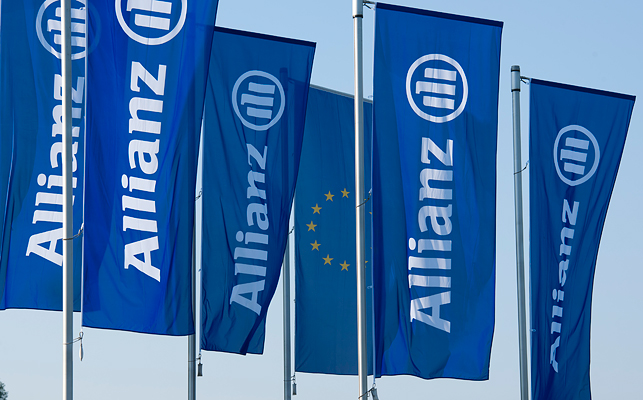Allianz spearheads Sustainable Investments with Net-Zero Asset Owner Alliance's comprehensive new protocol
The Net-Zero Asset Owner Alliance (NZAOA), a group of 89 institutional investors managing a staggering $9.5 trillion in assets, is leading the financial industry towards a sustainable future. It has recently released the fourth edition of its Target-Setting Protocol, a comprehensive guide that outlines the pathway for investors to reduce portfolio emissions significantly by 2030, aligning with the 1.5°C ambition set forth in the Paris Agreement. With the release of the Protocol, Allianz and other members are setting an unprecedented course for a decarbonized portfolio.
This fourth edition of the Target-Setting Protocol now encompasses the vast majority of asset classes, casting a wide net over all private assets to ensure that high-emitting companies are held accountable, irrespective of their ownership structure. This means that from this year, members’ decarbonization strategies are set in motion across nearly the entire investment portfolio.
The protocol demonstrates that its members remain firmly committed to achieving net zero for all greenhouse gas emissions by 2050 and aligning with 1.5°C pathways, with no or limited overshoot. Under their commitment, members shall target a 40 to 60 per cent Green House Gas (GHG) - reduction by 2030 (compared to 2019).

Günther Thallinger, Board Member of Allianz SE and Chair of the Alliance, explains the gravity of this collective action: "The fourth and most comprehensive Target-Setting Protocol has been approved by every Alliance member, managing a total of $9.5trn, as we continue to work towards a 1.5°C scenario. This unanimous endorsement underscores the strong commitment of all members to implement their net-zero targets in line with sound science. But we must close the widening gap between our ambitions and the real economy, which is lagging behind science.
Therefore, it goes beyond a statement of intent but is a call for transformation within the financial sector, echoing the urgency of the climate crisis. For Günther Thallinger, the newest protocol is in line with his own vision for the NZAOA: “The Alliance calls for an enabling policy environment—one that supports both investors and corporates in the transition to a low-carbon economy, in line with science and with due consideration of social impacts.”
Piloting sovereign debt assessment
Sovereign debt holdings are a significant asset class for many asset owners, and due to regulatory requirements sovereign debt must often be held for liquidity purposes. However, the asset class is a bit more challenging in regard to emissions, as sovereign debt emissions reflect a country’s emissions. The Alliance seeks to gain a holistic understanding of climate alignment of countries whose sovereign debt asset owners hold, as emissions data alone can provide an unclear picture on who caused or financed them.
In a pilot, the NZAOA is venturing into the assessment of sovereign debt with the Assessing Sovereign Climate-related Opportunities and Risks (ASCOR) database. This approach promises to provide investors with a better understanding of the climate alignment of countries whose debt they hold, an area traditionally fraught with complexity.
Extended Scope covers all private assets

Allianz's ambition: Shaping a greener future with enhanced 2030 emission targets
The NZAOA’s commitment transcends target setting. It encompasses a holistic strategy to support members in developing credible transition plans and to foster meaningful reporting. This ensures that the financial sector is not only on the path towards ambitious goals but is also taking tangible steps to materialize them.
Allianz's involvement is a testament to our unwavering dedication to sustainability and responsible investment.
“We do not know what the outcome is, but we just push because for our portfolios, the lowest achievable temperature is the best outcome,” Udo says, reflecting our commitment in not only shaping these pivotal guidelines but also our true dedication to transparency and accountability in climate-related financial disclosures. By leveraging our expertise and scale, we are contributing to a collective effort that aims to mitigate climate risk and champion a greener economy, securing a more sustainable world for current and future generations.
Further information links
About Allianz
** As of March 31, 2024.



